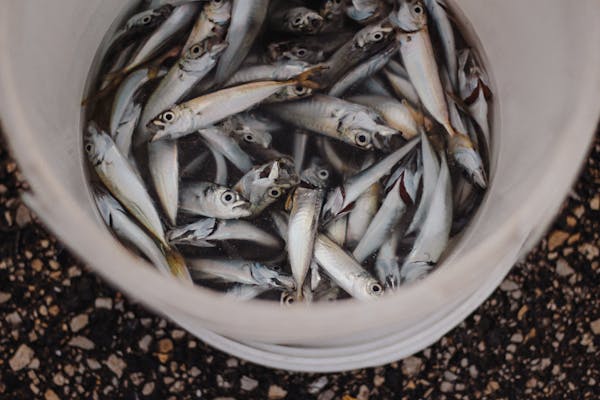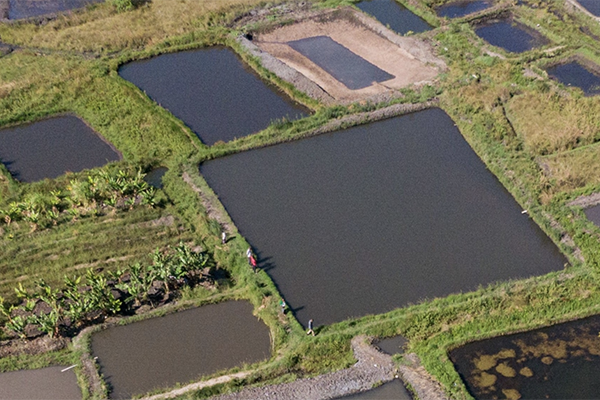WorldFish to push for aquatic food systems in COP29 climate plans to boost global food security and resilience

On November 11 to 22, 2024, world leaders will convene in Baku, Azerbaijan, for the UN Climate Change Conference (COP29).
With global temperatures rising and a critical 1.5 degrees-C threshold in sight, countries are expected to finalize their Nationally Determined Contributions (NDCs) for 2025, outlining their pledges to combat climate change. Through its participation at COP29, WorldFish aims to highlight the role of aquatic food systems in addressing climate challenges and fostering sustainable, resilient food systems for all.
“People who rely on aquatic food systems for nutrition and livelihoods are among the most vulnerable in the world – and the hardest hit by climate change,” wrote the international research organization in a call to action. “Ensuring these communities receive adequate support is essential to building resilience and securing a sustainable future for all – equitably and inclusively.”
As discussions unfold, WorldFish is calling for a pivotal shift in climate strategies – one that integrates fisheries and aquaculture into these NDCs. The move, the organization argues, is not just a matter of climate adaptation for vulnerable coastal communities, but also an opportunity for sustainable economic growth, food security and shared prosperity in regions hardest hit by climate change. As climate risks escalate, WorldFish says these systems require at least $4 billion annually by 2030 to build resilience and support long-term sustainability.
“Without this investment, we risk losing not only a critical source of nutritious food and jobs, but also a powerful solution to climate change,” wrote WorldFish.
How ‘local solutions’ to climate change may help food security and access to seafood
At COP29, WorldFish will call for the inclusion of aquatic foods in national climate action plans to secure funding and resources for low-emission, food-secure systems. The organization also emphasizes the need to scale up locally led, climate-smart initiatives, such as aquaculture diversification and early warning systems, which help small-scale fishers and farmers protect stocks and build resilience. WorldFish will also advocate for South-South collaboration to share knowledge and accelerate climate adaptation.
“We will be highlighting the essential role of aquatic food systems in addressing climate challenges and bringing together partners to drive meaningful action toward building sustainable, resilient and nutri-sensitive food systems that support both people and the planet for shared prosperity,” wrote WorldFish in its call to action.
Read WorldFish’s COP29 call to action here.
Now that you've reached the end of the article ...
… please consider supporting GSA’s mission to advance responsible seafood practices through education, advocacy and third-party assurances. The Advocate aims to document the evolution of responsible seafood practices and share the expansive knowledge of our vast network of contributors.
By becoming a Global Seafood Alliance member, you’re ensuring that all of the pre-competitive work we do through member benefits, resources and events can continue. Individual membership costs just $50 a year.
Not a GSA member? Join us.
Author
Tagged With
Related Posts

Responsibility
FAO: More investment in seafood production needed to drive ‘blue transformation’ for global food security
At the G7 meeting, FAO says investment in seafood production is critical to ensuring global food security and combating poverty.

Intelligence
Could all U.S. seafood market needs be met domestically?
The U.S. could meet all its seafood needs domestically, a study concludes, but it would require changes in regulations and consumer behavior.

Responsibility
Can swapping red meat for a ‘forage fish’ diet save lives?
A study says adopting a forage fish diet could prevent up to 750,000 deaths from diet-related disease in 2050 and benefit the Global South.

Responsibility
Study: Small-scale aquaculture can improve income, food security in rural regions like Zambia
A Stirling study finds that adopting aquaculture helps rural Zambian households diversify their income and improve their food security status.



